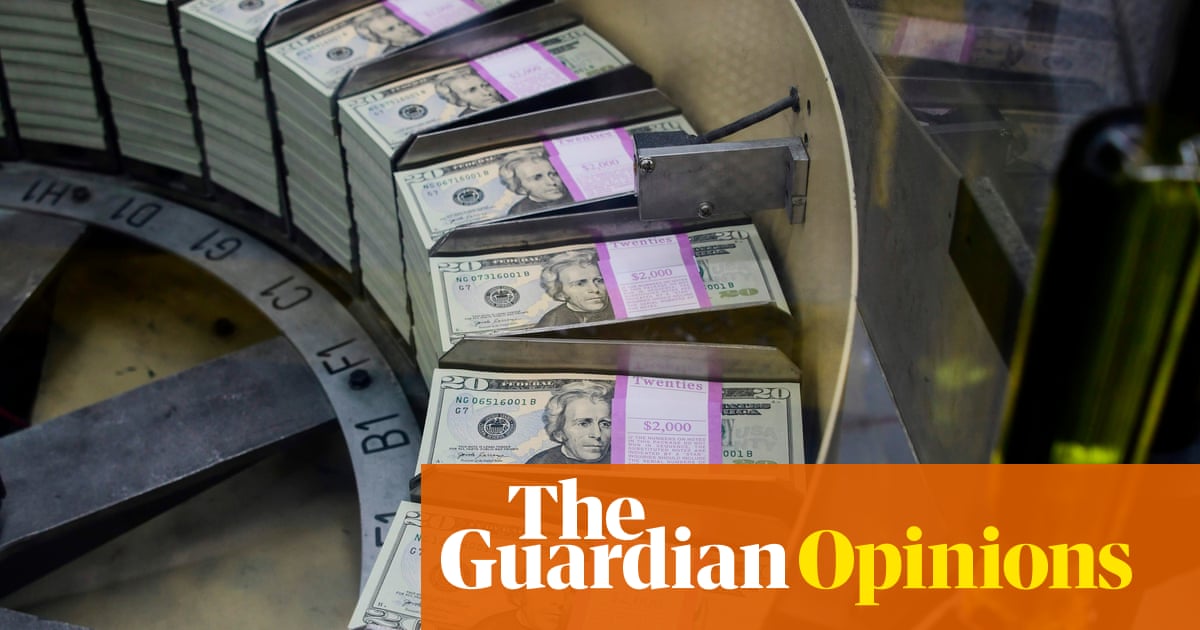
Life used to be so easy for central banks. A tweak here and a tweak there was all it took to keep inflation under control. Now they are creating money in unprecedented amounts and contemplating negative interest with only the sketchiest idea of how things will pan out. It is much more complex and much more dangerous, not least for central banks themselves.
The problem is that lockdown is affecting both parts of the economy. Keeping people at home and restricting their movement reduces the supply of goods and services, which would normally mean upward pressure on the cost of living.
Yet, lockdown is also reducing demand, because some workers are being laid off and others are getting less from government wage subsidy schemes than if they had been doing their jobs. Weaker demand normally pushes inflation down.
The challenge for central banks is to assess these two forces and work out what to do using their two main policy tools – interest rates and the buying, or selling, of bonds.
So far, the evidence is that central banks see lower inflation as the more immediate threat. The US Federal Reserve, the European Central Bank and the Bank of England have all massively increased their quantitative easing programmes, in effect printing money by buying government and corporate bonds.
In the US, the money supply is growing at it fastest ever peacetime rate and the Fed has dropped plenty of hints that there is more to come.
In the UK, the Bank of England is expected to expand its QE programme by at least £100bn – and perhaps by double that – when its monetary policy committee meets on Thursday.
Hardcore monetarists fear this will end in tears. Once the lockdowns are over and the world returns to something like normal, they say all the extra money sloshing around will lead to the sort of inflation levels that will destroy the credibility of central banks.
It would be wrong to dismiss these warnings out of hand. The QE programmes during the financial crisis of 2008-09 resulted in a sharp increase in asset prices – shares and property – if not in consumer prices.
But central banks fear a colossal depression and deflation today far more than rapidly rising inflation tomorrow. That is the right approach but it is still fraught with substantial risk.
National insurance could hold key to pensions triple-lock question
It has become folklore among economists that pensioners have had rather a good time of it since the great financial crash, writes Patrick Collinson. The “triple lock” protected their incomes (rising 22% from 2010-16) while those of workers fell in real terms (rising just 7.6%). Now, with fears the same could happen again next year, the Treasury is examining how and when to unlock a policy regarded as grossly unaffordable.
But let’s make one fact clear, a fact that should be the starting point for all discussions on this subject: the UK has the lowest state pension in the developed world, according to no less an authority than the former pensions minister Ros Altmann. We expect our poorest pensioners to survive on a fraction of the income those dependent on the state receive in France, Spain and Ireland.
Yes, there is a technical issue that needs to be sorted. Next year, assuming the economy bounces back, we will see some very strange, one-off economic data. Earnings from employment could “soar” as they begin to return to the levels before coronavirus. On paper, the earnings increase could be about 18%. Under the terms of the triple lock – which guarantees the state pension increases each year by the highest of earnings, price inflation or 2.5% – that would spell a huge and unnecessary windfall for pensioners at a time when the public finances are under unprecedented strain.
Some of the most respected voices in the pensions industry, such as Altmann, argue that it should be axed. Her view is that it doesn’t really help the poorest pensioners – especially as it does not apply to pension credit. But the answer should be to suspend, not abandon, the triple lock.
For the majority of low-income pensioners, the triple lock may be the only real long-term financial safety net they have, especially if we enter round two of austerity.
It’s wrong for economists to club all pensioners together. Inequality between pensioners is as bad as it is between workers. If the government wants to raid pensions to pay for coronavirus, there is a better target – the exemption that pensioners enjoy from national insurance. A well-off pensioner in England and Wales on £40,000 a year has an after-tax income of £34,502. A worker on £40,000 – probably still having to pay for a mortgage and raising children – is left with £30,842 after tax and NI. The well-off pensioner has saved nearly £4,000 by not paying NI.
It’s that loophole that should be tackled, not the long-term guarantee of the triple lock.



